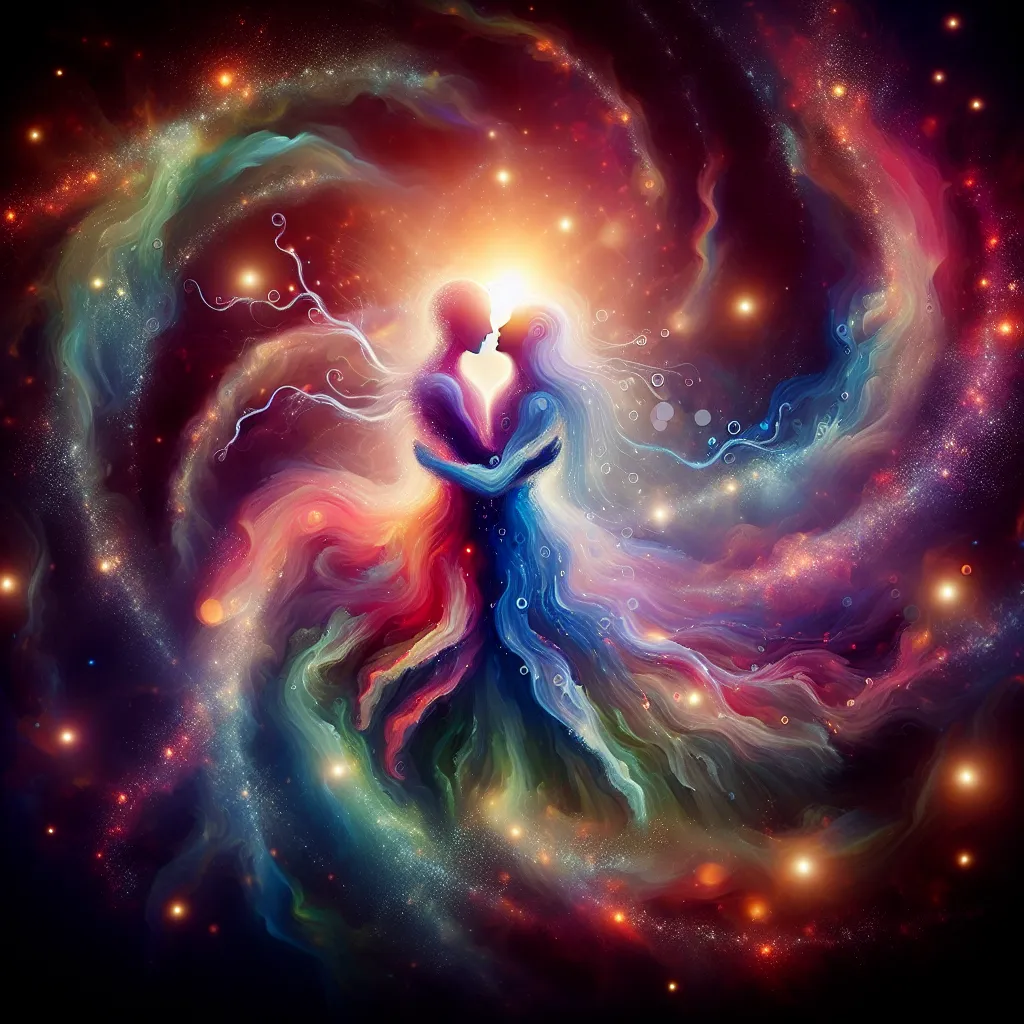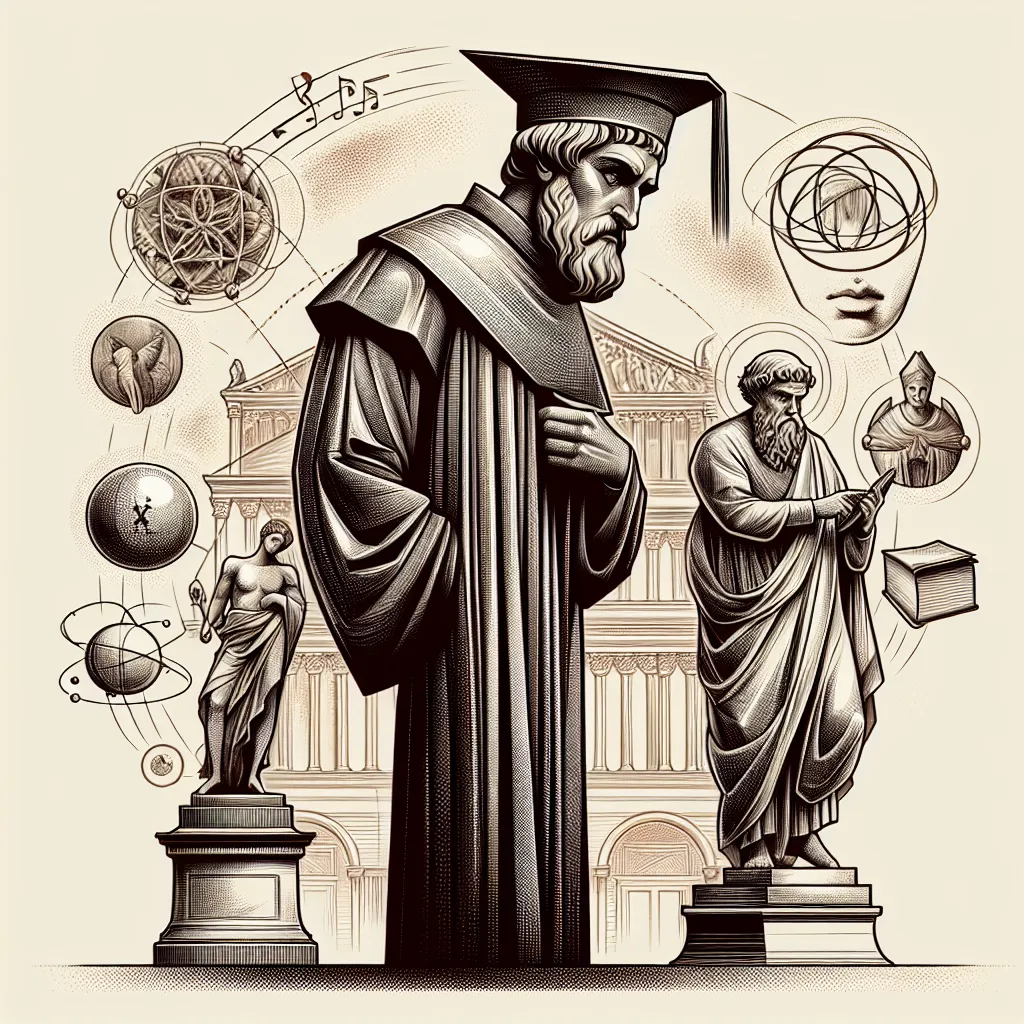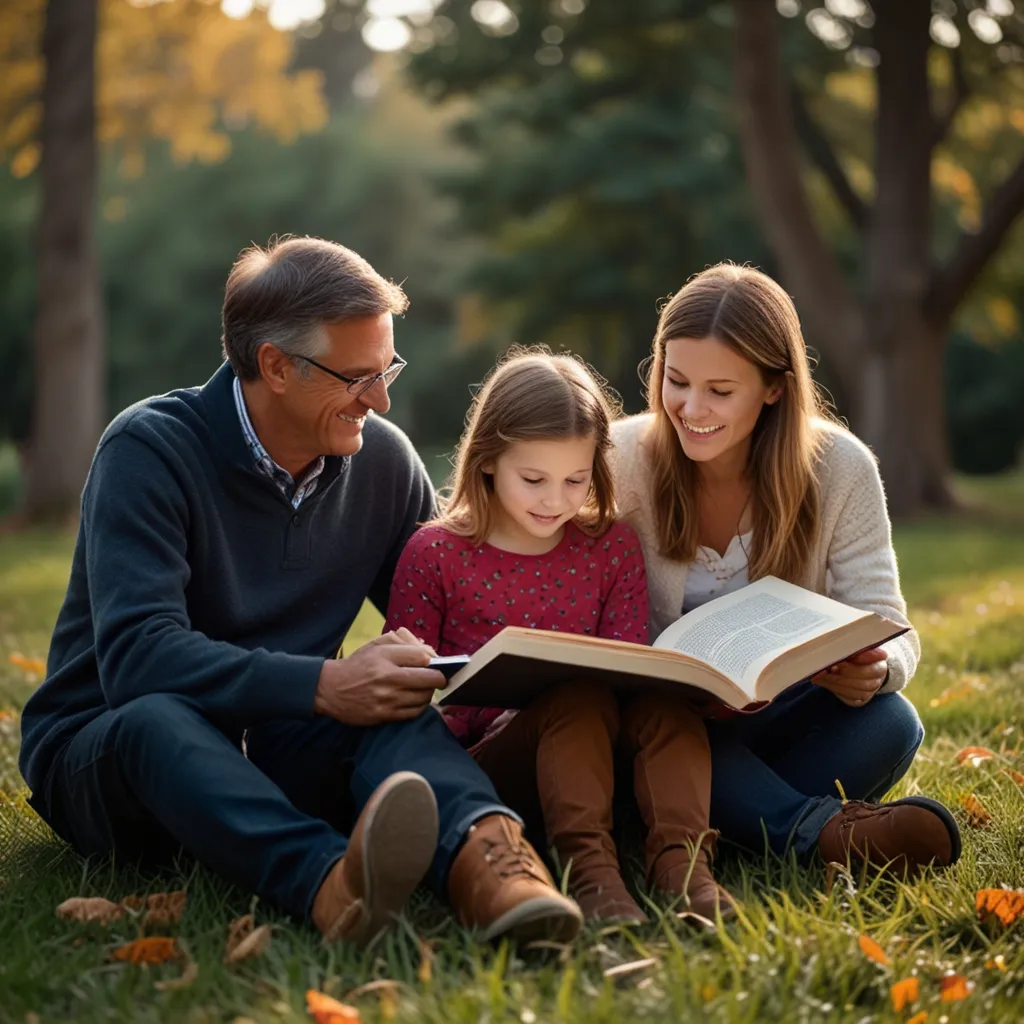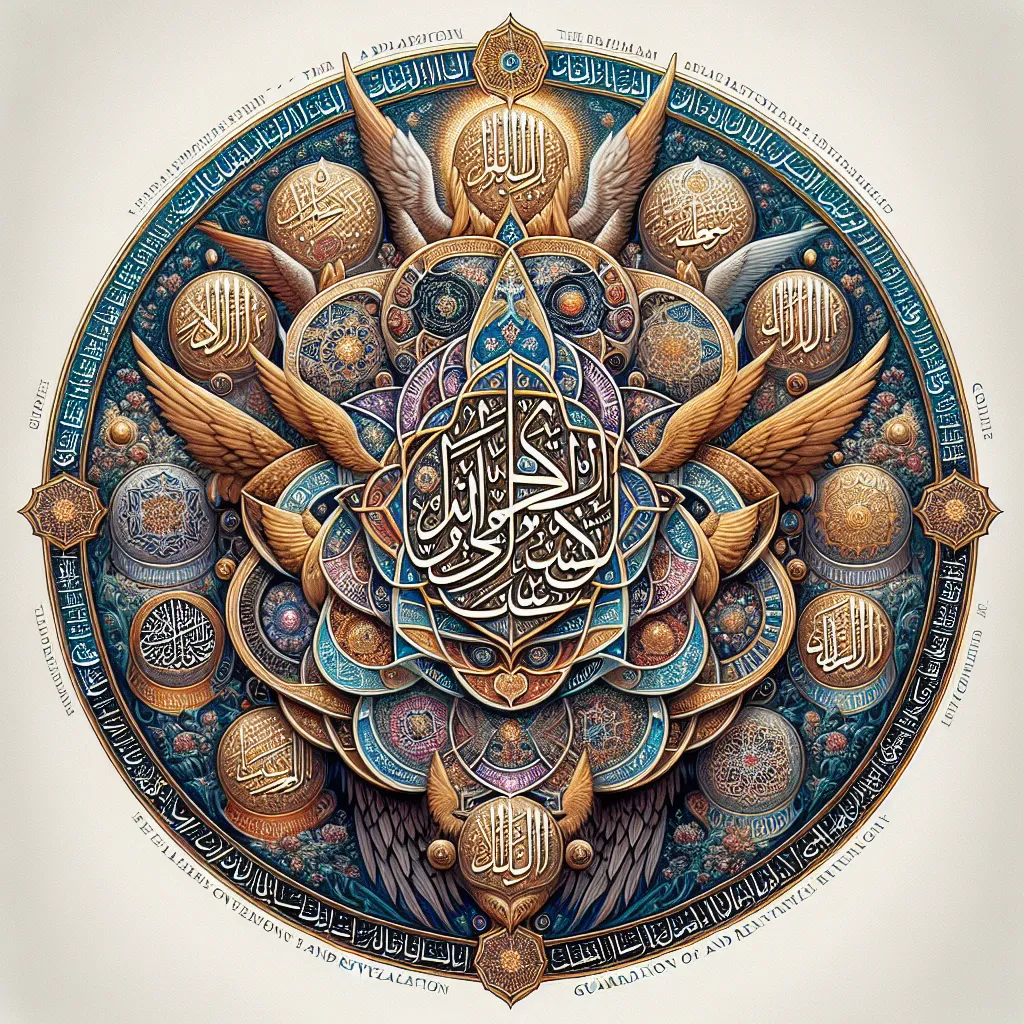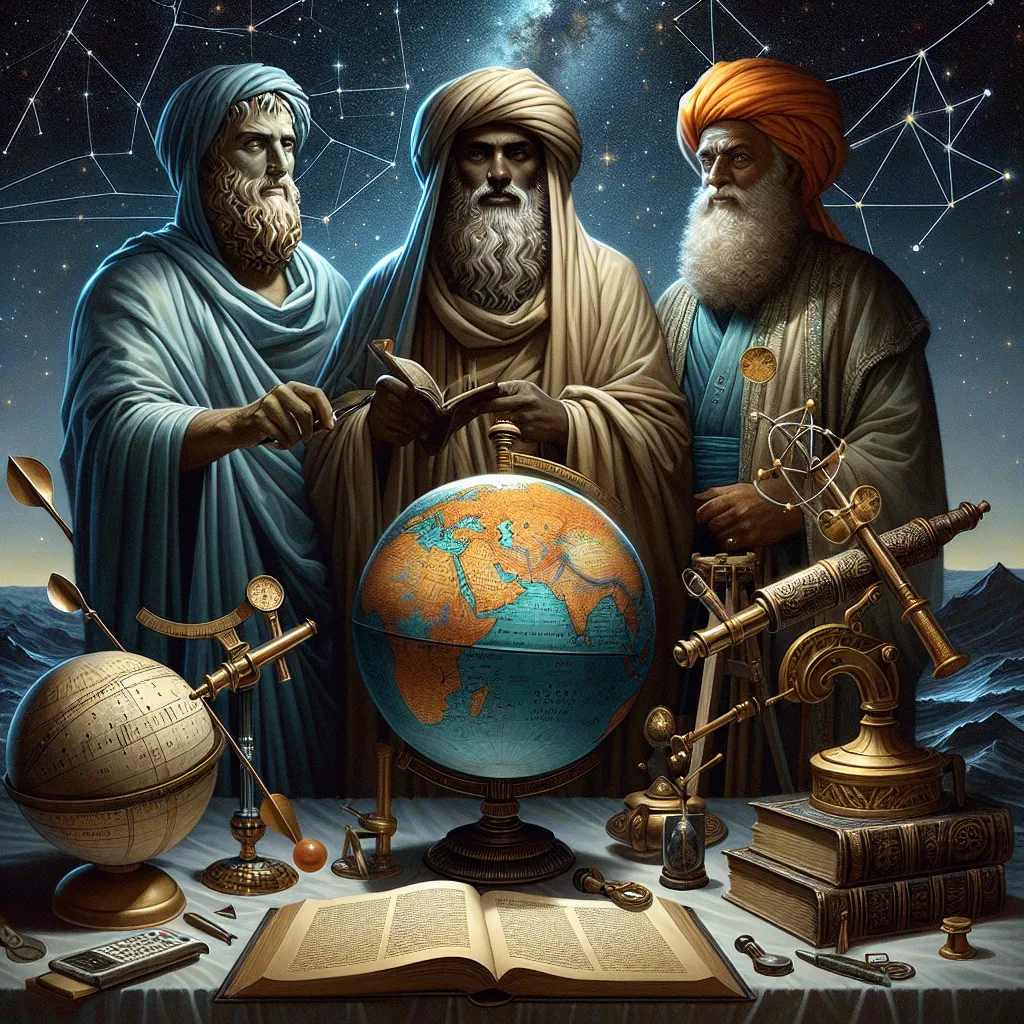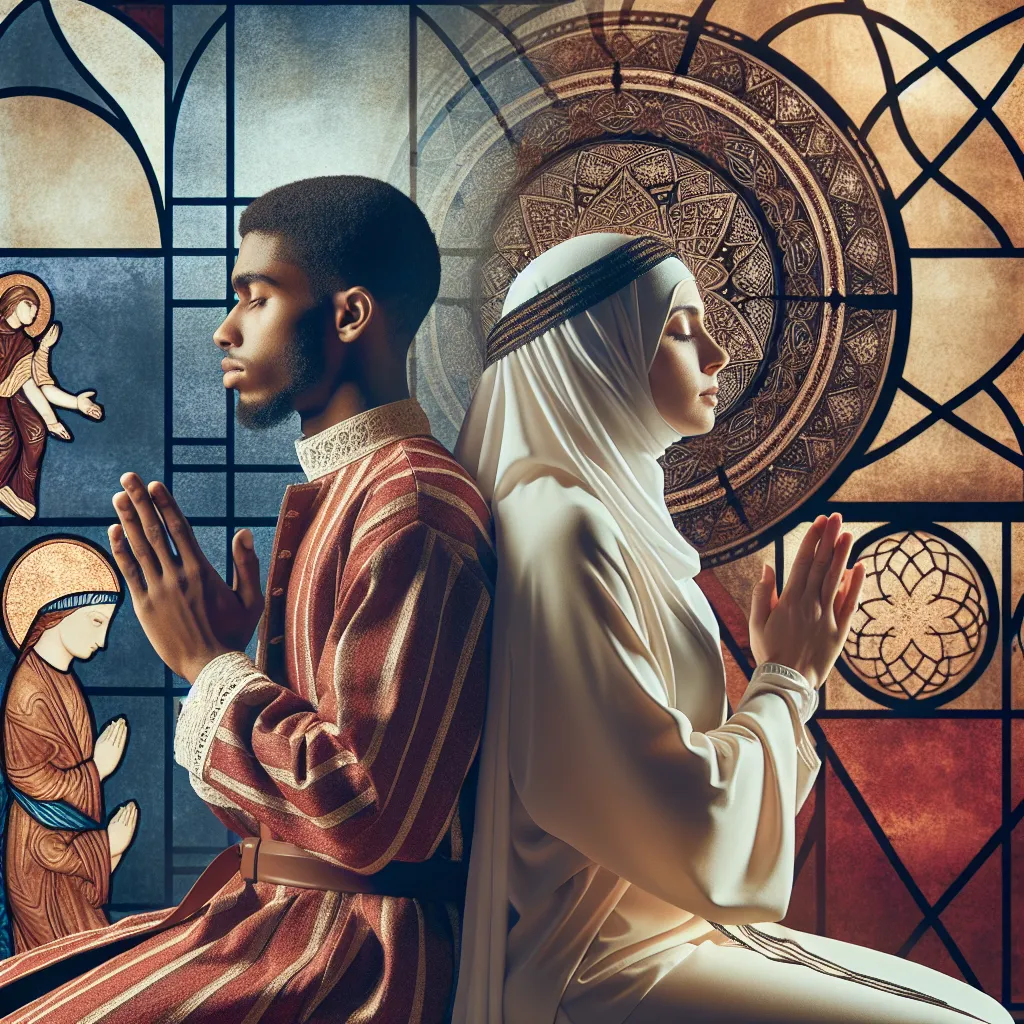Religion, man. It’s been a powerhouse since the dawn of human societies, shaping how we live, think, and behave. Even in today’s modern world, its influence runs deep, ever-evolving with the times but still holding its ground. Let’s delve into how religion continues to leave its mark on cultural norms, social stability, education, health, and even politics.
First off, let’s talk cultural norms and identity. Religion has always been the backbone, the invisible hand molding how we see ourselves and our place in the universe. It’s like a guidebook for life, giving us meaning and a moral compass. You look at family dynamics, and you can see religion at work. Families that stick to religious practices tend to be more stable, with stronger marriages and better-behaved kids. And it doesn’t stop at the family level. This stability spreads out, creating tight-knit communities that look out for each other.
Now, think about social cohesion and stability. Religion’s a social glue, bringing people together under a shared set of beliefs. It’s like the ultimate community event—grab some coffee, sing a hymn or two, and bam, you’re part of a group. This shared experience builds bonds and a feeling of belonging, which in turn creates a stable, united community.
When it comes to education, the positive impact of religion is pretty impressive. Studies show that kids who are involved in religious practices do better in school. Parents with strong religious beliefs set higher educational expectations, which naturally leads to better academic performance. These kids are also more likely to tackle advanced courses, stay committed to their homework, and keep attendance in check. Schools affiliated with religions often see higher academic achievements, particularly in low-income urban areas.
Physical and mental health also get a boost from religious practices. Imagine having a built-in support network that helps you through tough times. That’s what religion offers. People in religious communities tend to live longer and have better mental health. It’s partly because they have folks to lean on, and partly because the moral guidelines steer them towards healthier lifestyle choices—less substance abuse, lower crime rates, you name it.
Social capital and community engagement are other areas where religion shines. Religious organizations are often the cornerstone for community service, running food banks, healthcare services, and educational programs. These efforts not only help those in need but also strengthen the bonds between community members. Through these activities, religion promotes social norms that support democracy and social order, contributing to peace-building efforts.
As for its influence on politics and public life, religion walks a fine line. Many people appreciate the positive contributions of religious institutions but believe they should stay out of political matters. There’s a clear distinction: religion is seen as something that should strengthen morality and unity, not get entangled in partisan politics.
On the ethical front, religion serves as a significant source of moral guidance. The moral principles taught by various religions—think the Ten Commandments—provide a clear set of rules for ethical behavior. This moral framework promotes positive social behaviors and helps maintain social order, contributing to the well-being of both individuals and communities.
Religion also offers a solid coping mechanism for life’s challenges. Whether it’s pain, loss, or uncertainty, religious rituals and communal practices provide comfort and support. In today’s fast-paced, stress-filled world, having a sense of meaning and purpose can be incredibly grounding. Religion helps people navigate life’s ups and downs, making sense of the chaos and finding ways to live harmoniously despite differences.
Modern society throws a lot of challenges at religion—globalization and technological advancements, for example. Yet, religion adapts, continuing to shape cultural norms, ethical frameworks, and social cohesion. Of course, there are negative impacts too, like instances of discrimination or violence. While not the norm, these issues highlight the need for a balanced understanding of religion’s complex role in society.
Public perception of religion’s influence is all over the map. Some people bemoan a perceived decline in its role, while others welcome it. But generally, most folks agree that religion brings a lot to the table—morality, community cohesion, and individual well-being. This positive view is reflected in the high ethical standards attributed to religious leaders, whom people trust for guidance on a range of issues.
In the end, religion’s impact on modern society is vast and varied. It shapes cultural norms, fosters social cohesion, influences education and health, and even touches on politics—though that’s a contentious area. As society continues to evolve, understanding the dynamic relationship between religion and society is crucial for fostering a harmonious and cohesive community. It’s a dance of tradition and modernity, each step shaping our collective experience.

